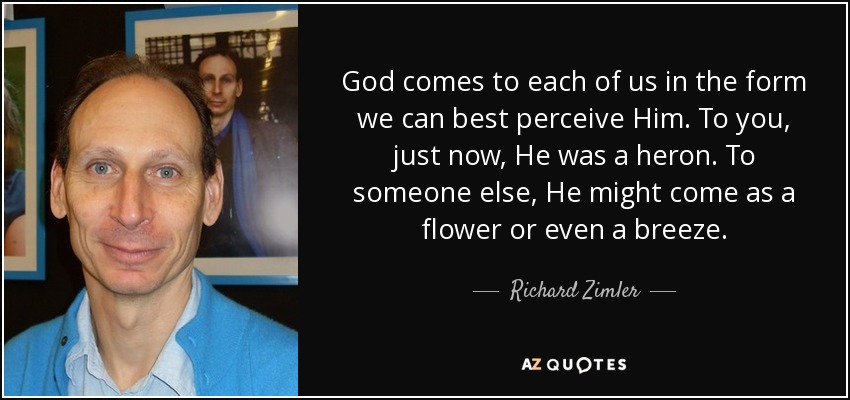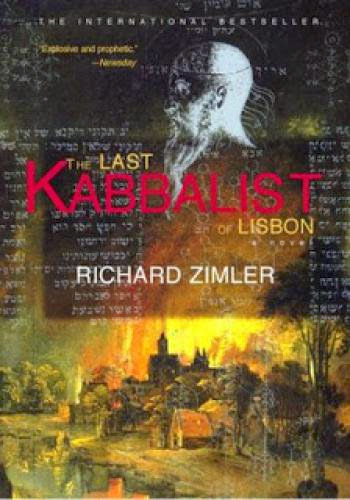
Not content to write the great Sephardic Jewish novel, Zimler has also attempted to pull off the great American novel and the great novel of colonialism at the same time.

Zimler's writing is pacey and accessible without ever patronising the reader deeply moving without descending into schmaltz. When he eventually comes across Berekiah's great work, 'The Bleeding Mirror', an essay urging Jews to leave Europe and find new homes in the Muslim world, he realises his own fate is unavoidably wrapped up with his Kabbalistic heritage. The playful stylistic references to the earlier novel are intentional as John Zarco Stewart begins to learn of his family's secret Jewish roots. This is a far darker and more complex tale, as the child narrator grows into adolescence and manhood. But nothing could be further from the truth. It is as if Zimler has decided simply to re-use the winning formula of The Last Kabbalist, and set it three centuries later. In that novel, Berekiah Zarco, a writer of manuscripts, investigates the murder of his uncle, Abraham.Īt first, it is disappointing that the tone of John's narration seems so similar to Berekiah's.

John Zarco Stewart (half-Jewish, half-Scottish) is a descendant of the narrator of Zimler's previous novel, The Last Kabbalist of Lisbon, a detective story set at the time of the 1506 massacre of Lisbon's Jews. His greatest intellectual love is for the hidden Jews of Portugal, forcibly converted to Christianity by King Manuel in 1497. Hunting Midnight interweaves Bushman religion and mythology with Sephardic Judaism, while passing comment on French and British imperialism and nineteenth-century slavery, all this without once losing the pace of this epic narrative. Richard Zimler is nothing if not ambitious. But first, he cures young John of an addiction to opium, with which he was being treated after a suicide attempt.


Midnight is convinced the antidote will only be found on the dark continent from which the terrible disease came. It is 1802 and Midnight has travelled to Europe to find a cure for smallpox, which has been introduced to Africa by colonial settlers. Before she expires, she drops Mantis into the blossom where the seed of all humanity was planted and the first Bushman born.īushman theology bursts into Zimler's narrative like the African sunshine with the arrival of its central character, Midnight, a tiny Bushman healer brought back from Britain's Cape Colony by the father of the narrator, John Zarco Stewart. At the edge of exhaustion, she finds a flower with a half-open white blossom growing out of the sea, searching for the sun.


 0 kommentar(er)
0 kommentar(er)
